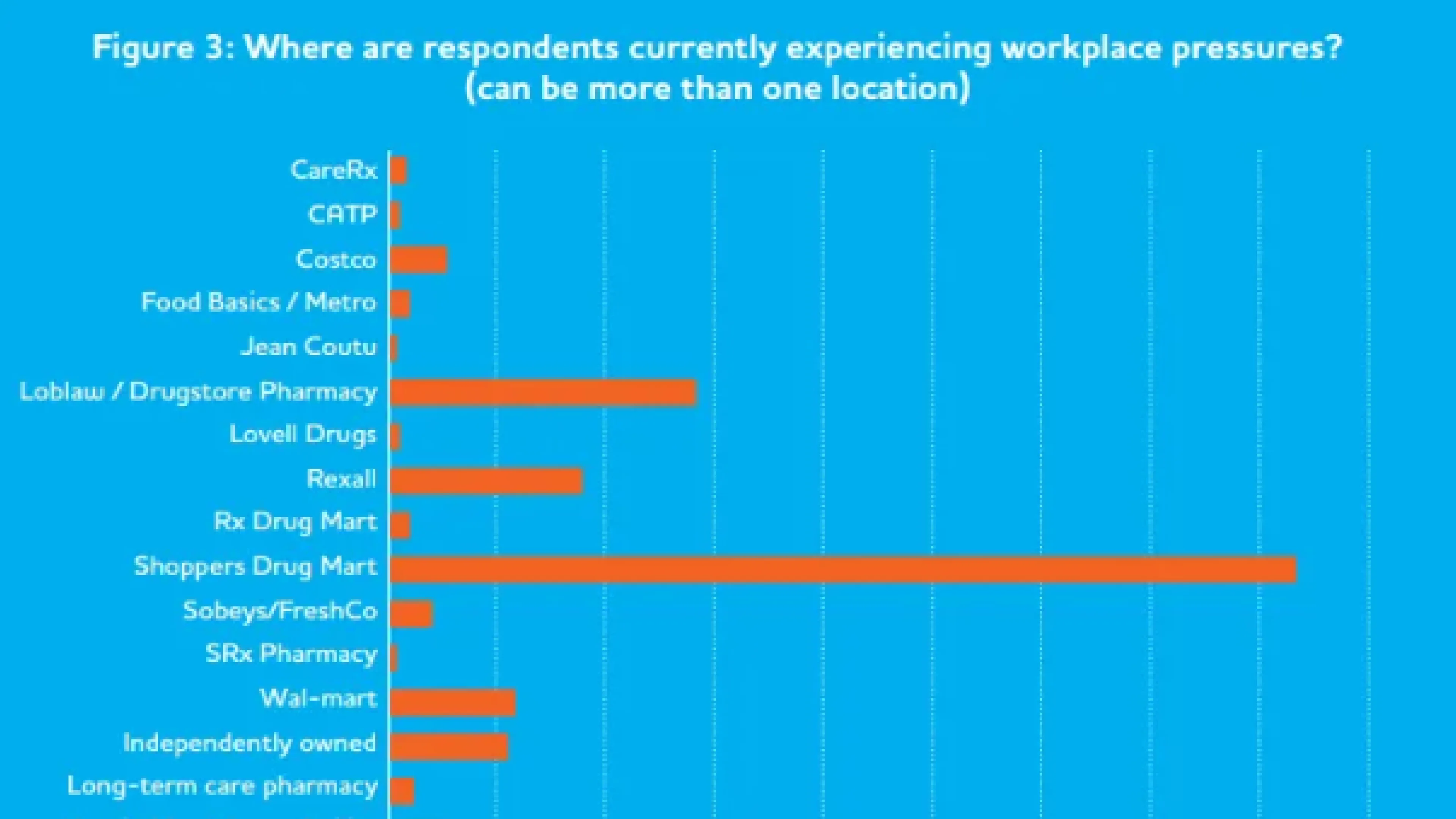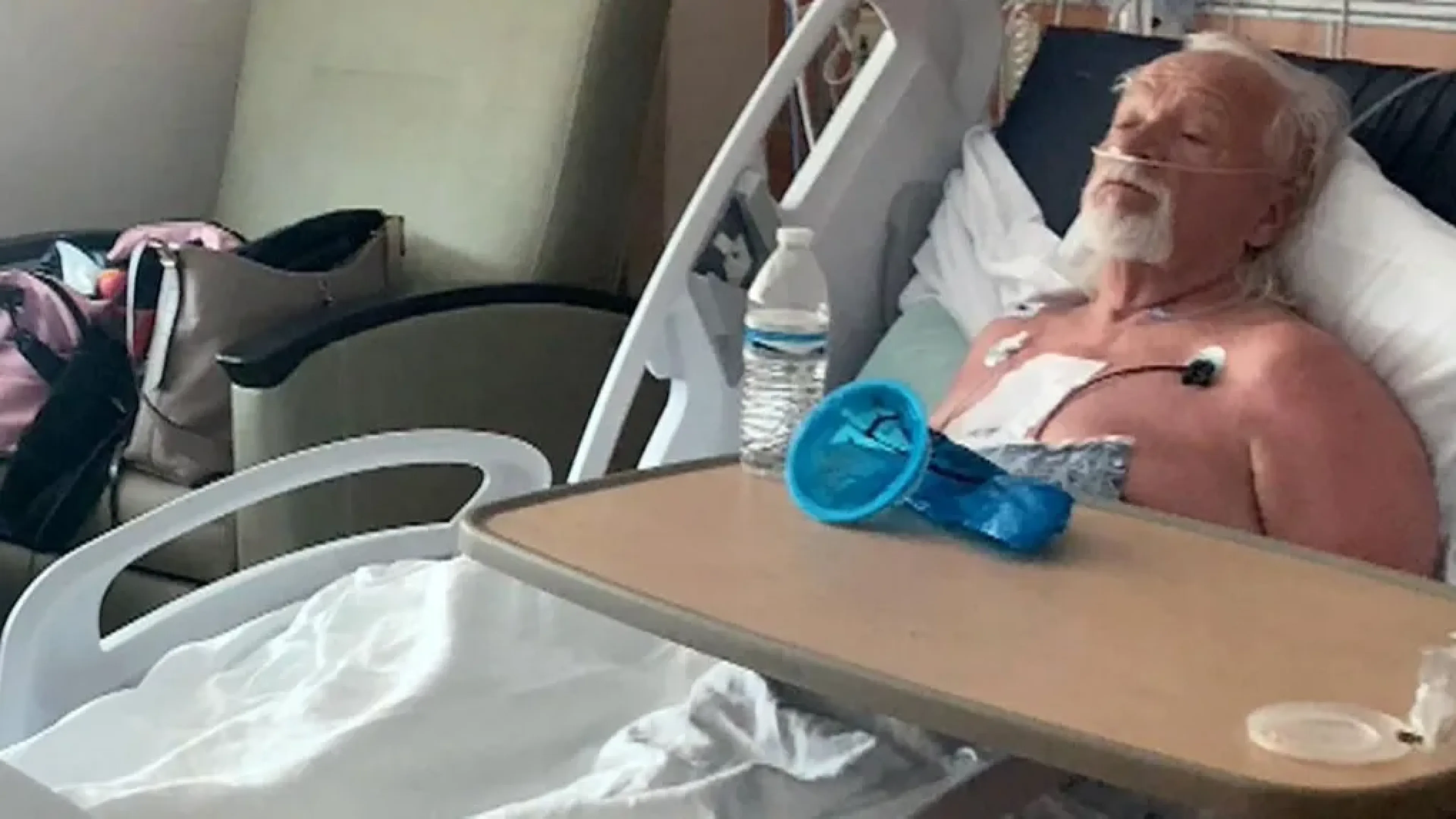You’re reading the web version of The Weekly Dose, our newsletter on Canadian health care and medical news. Sign up to get it next week.
Hi Healthwatchers, lots to take in this week.
We have developments ranging from the unexpected repercussions of Quebec’s latest language law, to a 'ramping up' of the politicization of medicine. You won’t want to miss this one.
A political attack on a medical expert is raising alarms

Dr. Andrea Sereda, a safe supply doctor, is the centre of political controversy after the federal Conservative party alleged she misled Parliament—an accusation she denies.
Why it’s important: The story is part of a trend which is disturbing for its chilling effect on expert participation in public discourse, which is integral to guiding policy on issues like MAiD, vaccination, pandemic preparedness and abortion access to name a small few.
Controversy stems from Sereda’s parliamentary testimony on safe supply, where she stated there is no evidence of drug-diversion to children, a stance backed by data, that she followed up with public comments made months later, acknowledging that despite the lack of evidence, some unknown amount of safe-supply likely does fall into the hands of youth. In the weeks since, the Conservatives accused Sereda of lying to parliament and called repeatedly for her medical license to be revoked.
Read more…
The toll of corporate pressures on pharmacists

The Ontario College of Pharmacists released a detailed analysis of the pressures faced by pharmacy professionals. The findings are drawn from a comprehensive member survey and several town halls held in the wake of the MedsChecks scandal.
By the numbers:
85% of respondents said they’ve experienced pressure to complete activities within limited timeframes or to meet billable service quotas.
The majority of those facing pressures (70%) work at major chains like Shoppers Drug Mart, Loblaws, and Rexall.
75% said that workplace pressures correlate with job-switching.
MedsChecks pressures were the most commonly reported issue, mentioned over 4,000 times.
The findings are quite concerning, meriting close attention if you’re following this one.
Read more…
More B.C. hospitals embrace 'Hospital at Home' trend

Providence Health Care's "hospital at home" program allows patients to receive hospital-level monitoring in their homes, reducing the risk of hospital-acquired infections and enhancing patient and family comfort.
Why it's important: The approach is alleviating hospital overcrowding in Vancouver, freeing up beds and possibly reducing ER wait times.
Eligible patients receive daily visits from nurses as well as remote monitoring and in-person or virtual visits with doctors. They are also given access to a 24/7 direct line to hospital staff and have the ability to bypass the ER in the event they need to return to hospital. While not suitable for everyone, ‘hospital at home’ offers an optional alternative for stable patients with robust home supports.
Read more…
COVID’s impact is more prolonged than previously thought

Research reveals long-lasting immune activation and likely viral reservoirs in COVID patients, challenging notions of COVID as a short-term illness.
Why it's important: The study shows COVID can remain in the body for much longer than once believed, lending credence to assertions that new treatment approaches are needed for long COVID.
Findings show persistent immune activation and the presence of viral genetic fragments up to 900 days post-infection. The study adds to the growing case for ongoing investigation into targeted treatments to address lingering symptoms and viral reservoirs. As research continues, the use of advanced imaging may offer deeper insights, potentially leading to effective therapies.
Read more…
Ontario man faces $620,000 hospital bill after cardiac arrest in Florida

Richard Bishop suffered a cardiac arrest in Florida, resulting in a $620,000 hospital bill. He had travel insurance, but wasn’t aware of his policy’s details surrounding his pre-existing cardiac conditions.
Why it's important: Bishop's story is a cautionary tale, showing the limitations and potential pitfalls of travel insurance, particularly regarding pre-existing conditions.
Despite Bishop’s coverage, his claim was denied, leaving him and his wife with the massive bill. While this raises concerns about the opaqueness and complexity of insurance policies, it also emphasizes the importance of travelers proactively understanding their coverage details. Buyer beware.
Read more…
MCAT no longer offered in Quebec due to French language bill

Aspiring medical students in Quebec must now travel out-of-province to take the MCAT after Bill 96 prompted the test's withdrawal from the province.
Why it's important: While Quebec’s medical schools don’t require the MCAT, students wishing to apply to other provinces or abroad must now travel to test centers in Ontario or in Burlington, Vermont.
Due to Bill 96, which mandates French for all business activities, the Association of American Medical Colleges has ceased offering the MCAT in Quebec. There are clearly some unintended consequences of Quebec's language policy resurgence, creating new hurdles for those pursuing careers in health and other fields.
Read more…
Healthwatchers, I hope this week’s issue of The Weekly Dose has provided you with valuable insight into healthcare’s state of flux (who knew health news could be so fun!). As always, your thoughts and contributions make this endeavour stronger, so if there's ever a topic you'd like us to explore or if you’d like to submit an opinion piece for publication, don't hesitate to reach out.
See you in a week!
Nick
Nick Tsergas
National Health News Editor
Canada Healthwatch
[email protected] | canadahealthwatch.ca